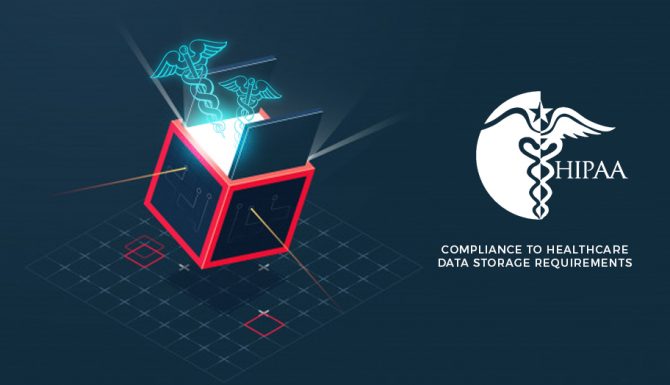New technology on healthcare data storage was developed by IT specialists to deter ransomware attacks in the medical space.
IBM modernize the healthcare system data storage with its high-performance data storage solutions. The company enhances the digital capability and systems to optimize medical services and increase the security of cloud data storage.
The data storage supports patient records and ensures that these are intact and secure. The company was able to create a reliable data storage for several hospitals like the University of Pittsburgh Medical Center, Henry Mayo Newhall Hospital, and Sidra Medical and Research Center.
With edge-cutting technology, IBM was able to boost the clinical applications of hospitals as well as maximize resource use of research centers.

In 2015, the company launched the Watson Health Global Analytics Cloud. It has partnered with top brands like Johnson & Johnson and Medtronic.
Johnson & Johnson was able to optimize healthcare services with the help of the system, delivering the highest standard security for confidential records and files.
“The platform enables healthcare systems to collect, link, and combine data from hundreds of disparate sources across their enterprise and clinically integrated networks. This data will be derived from clinical, claims, billing, accounting, devices, community, and patient information,” said IBM.
HIPAA Compliant Data Storage
The Health Insurance Portability and Accountability Act or HIPAA ensures that health organizations are complying with the regulations set when it comes to data storage.
With malware attacks in the medical industry reached 85 percent in 2017, the regulators are pushing for stricter and more advanced storage solutions.
Hospitals, research centers, and clinics must refer to the HIPAA requirements for data storage. This includes having SSL certificates and HTTPS, AES Encryption, and Disaster Recovery Plan. Additional requirements are posted on the website of the HIPAA Journal.
Reduce Risks
Hospitals and clinics are vulnerable to data breach and ransomware attacks due to substandard storage systems. While there are hospitals that implement edge-cutting storage technology, a bigger number is still behind with new cloud storage systems.
In numbers, there are over 2,546 data breaches that happened in 2018 alone. Millions of patient records were exposed, which means confidential information is released. In addition to full names and addresses, SS numbers were also uncovered.
According to HIPAA, penalties for failing to meet the requirements are a violation of the law, with fines starting $25,000 to $1.5 million per year.
















